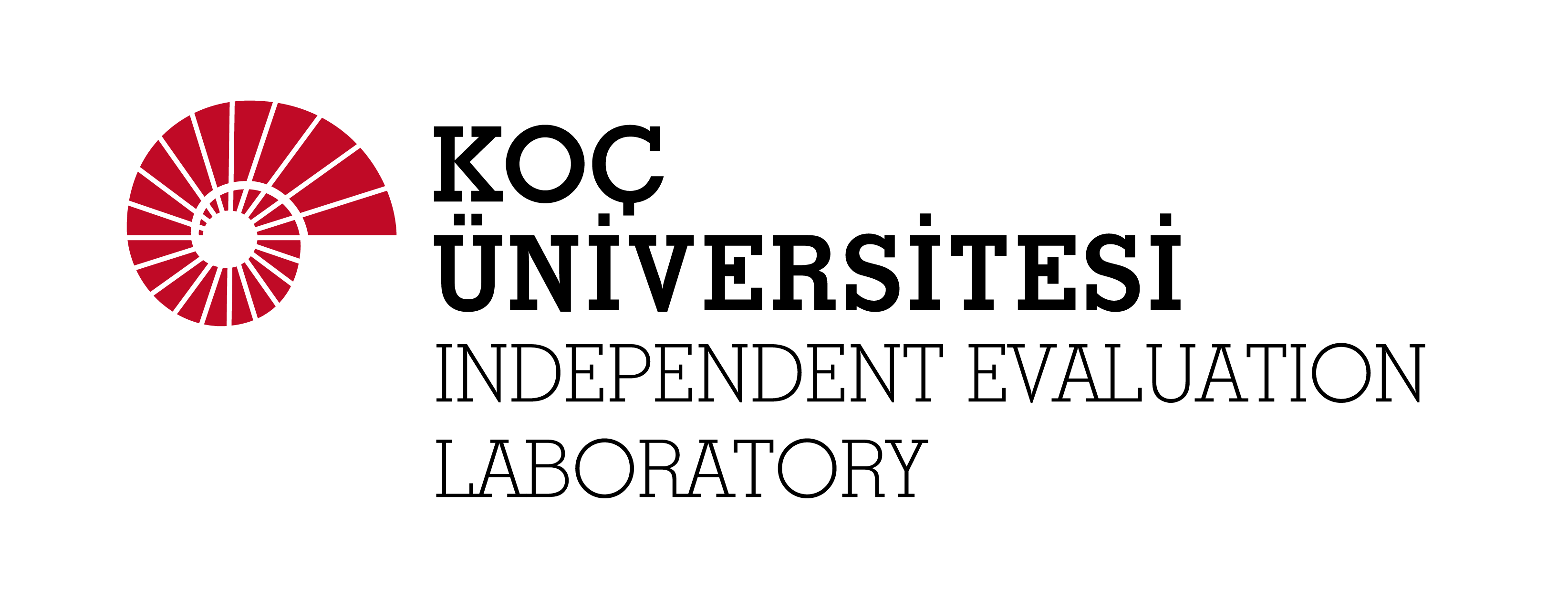
Our approach to social programs is to treat them as products with social value and content. By treating them as social products,in which substantive resources are invested, we objectively evaluate them using state-of-the-art methodology. We test if the program works, check if there are any adverse program effects, use optimization tools to make changes and adjustment to the program to make it more cost- and outcome effective.
We believe that the path to achieve better results through social programs is not only through increasing public expenditure, but also using the programs that are shown to be most efficient and effective in changing the targeted outcomes.
Our scientific projects support the following steps in creating effective social interventions:
- Analyze the situation and identify risk and protective factors associated with the targeted outcome.
- Determine which groups of individuals will benefit from which types of interventions (such as gender-specific interventions) and also which groups will benefit from the intervention the most.
- Review the existing programs and strategies and make a catalog of evidence-based practices implemented in similar contexts around the world.
- If interventions are going to be transported from other countries or regions, conduct a feasibility and adaptability study.
- Conduct a rigorous impact evaluation for the pilot implementation and effectively evaluate the impact estimates with regard to cost- and outcome effectiveness to inform the decision on the dissemination of the piloted intervention.
- Analyze if all program components work effectively to revise or delete the counterproductive components.
- Conduct program optimization experiments (such as A/B testing, incorporating behavioral nudges, optimization of program delivery features).
Some examples of social interventions that can be rigorously evaluated and optimized are:
- Temporary family assistance programs for families at risk
- Employment strategies for youth with disabilities
- Supportive intervention programs for children in the justice system
- Violence against women prevention programs
